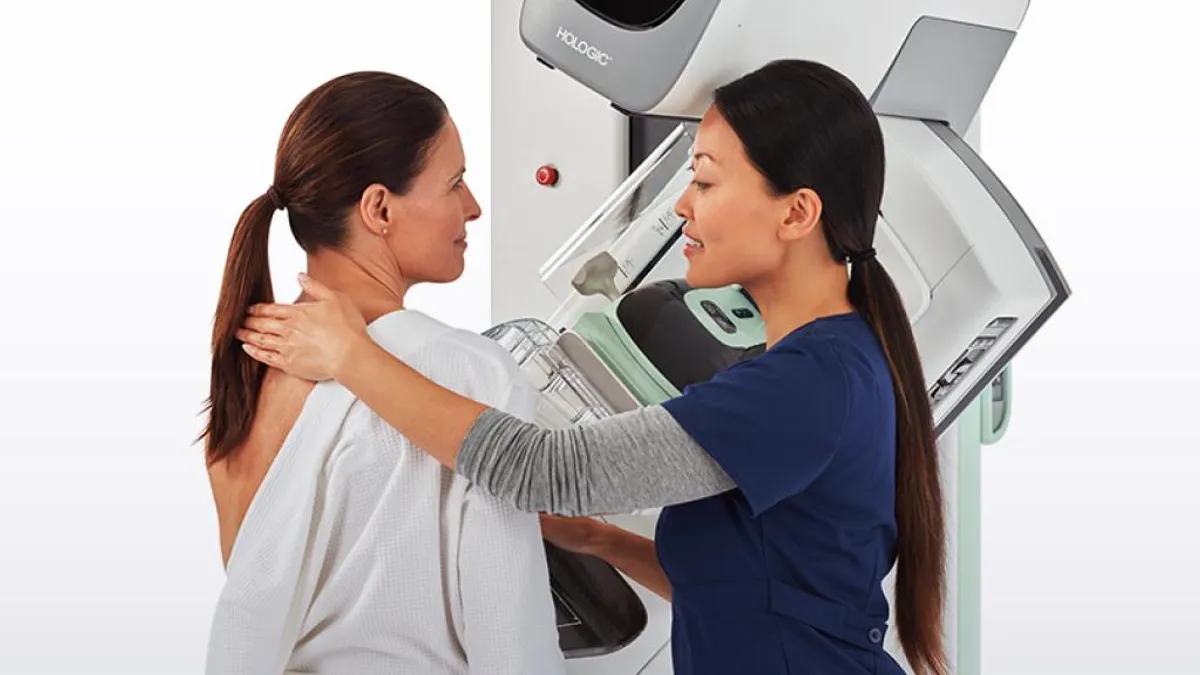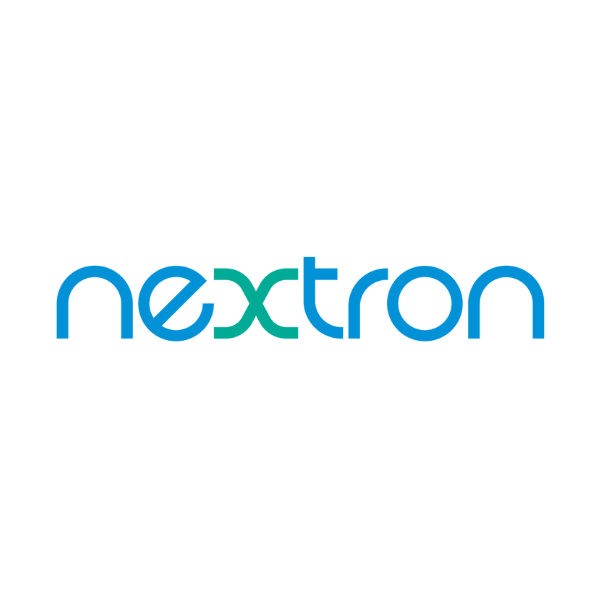Dive Brief:
- Hologic said Tuesday that it has agreed to be acquired by funds managed by Blackstone and TPG in a take-private deal valuing the company at up to $18.3 billion.
- Hologic, which makes diagnostic tools including mammography machines and cervical cancer screening tests, would be delisted from Nasdaq upon completion of the transaction. The company would keep its brand and current headquarters in Marlborough, Massachusetts.
- The acquisition is expected to close in the first half of 2026, subject to shareholder and regulatory approval. Hologic’s board unanimously approved the deal.
Dive Insight:
The proposal follows reports of previous attempts by Blackstone and TPG to take Hologic private. In May, the Financial Times reported that the private equity groups made a $16 billion offer, but Hologic rejected the deal. In September, Bloomberg reported that Blackstone and TPG had renewed their interest in an acquisition.
The latest offer would give Hologic’s stockholders $76 per share, with an additional up to $3 per share if the company meets certain revenue goals for its breast health business in fiscal years 2026 and 2027. The price is a roughly 46% premium to Hologic’s closing price on May 23, according to the announcement, the last trading day before reports about a potential deal began to circulate.
The deal includes a debt financing commitment letter from Citi, Bank of America, Barclays, Royal Bank of Canada and SMBC, and equity commitment letters from funds managed by Blackstone and TPG. It also includes significant minority investments from a subsidiary of the Abu Dhabi Investment Authority and an affiliate of GIC, Singapore’s sovereign wealth fund.
The agreement includes a 45-day “go shop” period for Hologic to consider alternative proposals.
“We think that this is a fair price for [Hologic] and that other bidders are unlikely,” Needham analyst Mike Matson wrote in a research note on Tuesday.
Matson added that Hologic’s slower revenue growth and potential antitrust issues due to the company’s high share of the U.S. mammography market could dissuade bids from other medtech firms.













